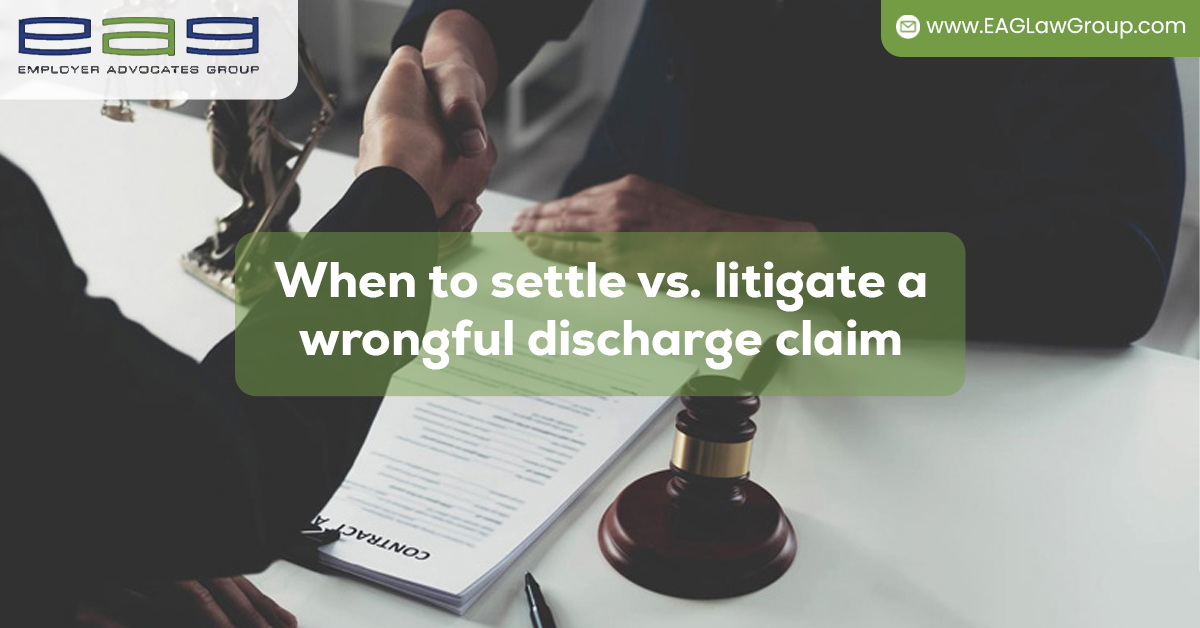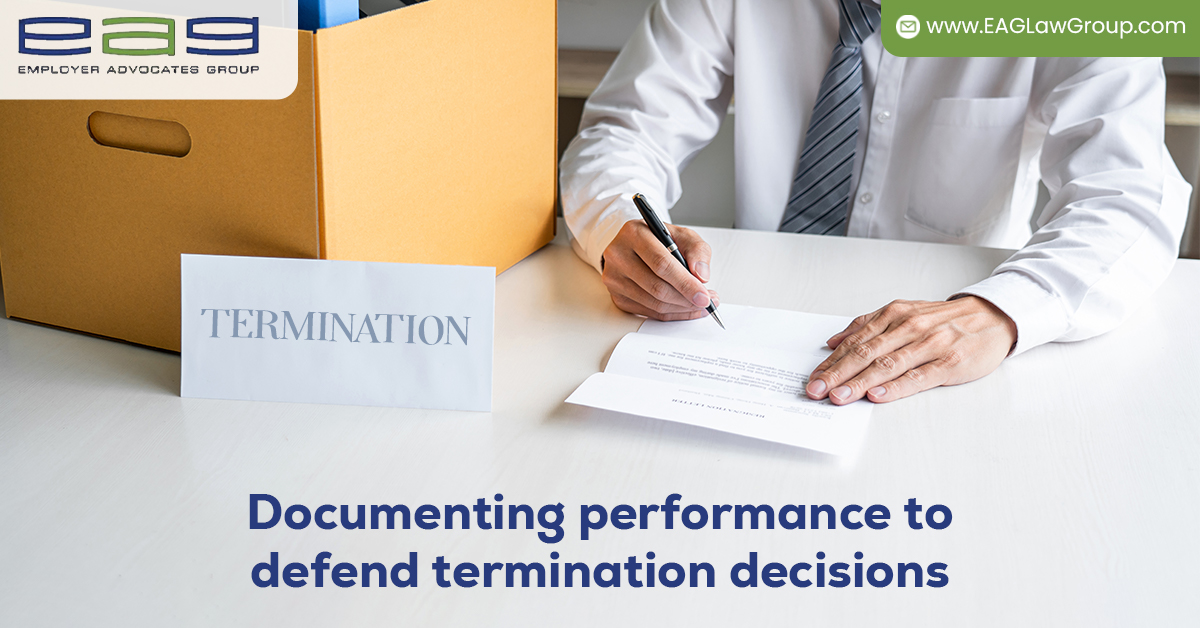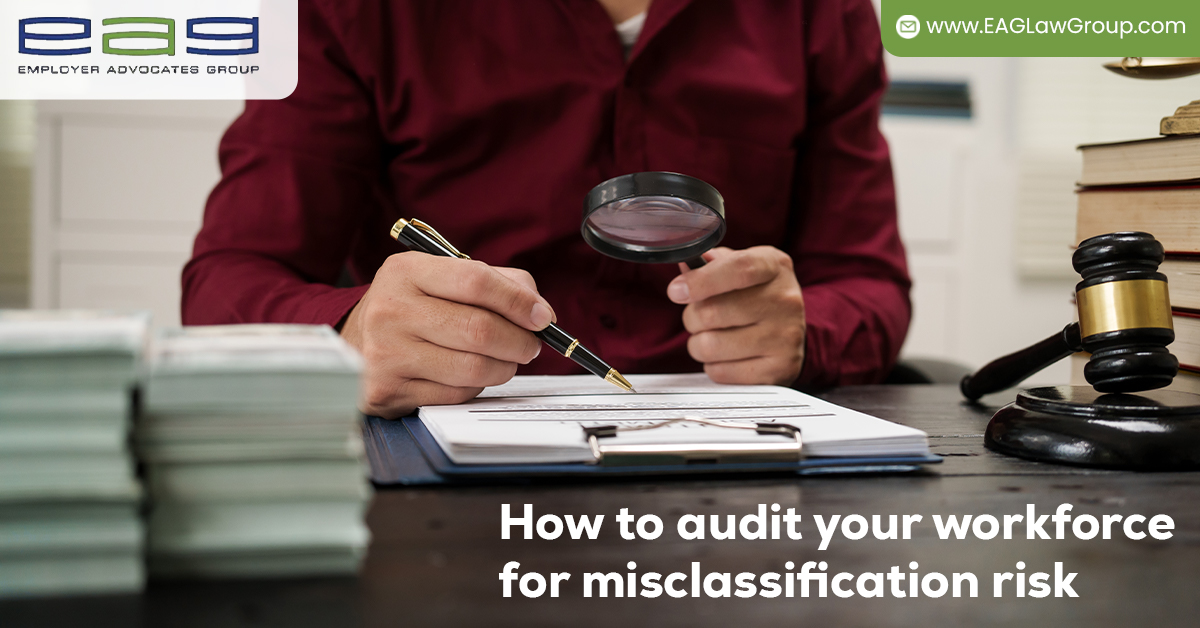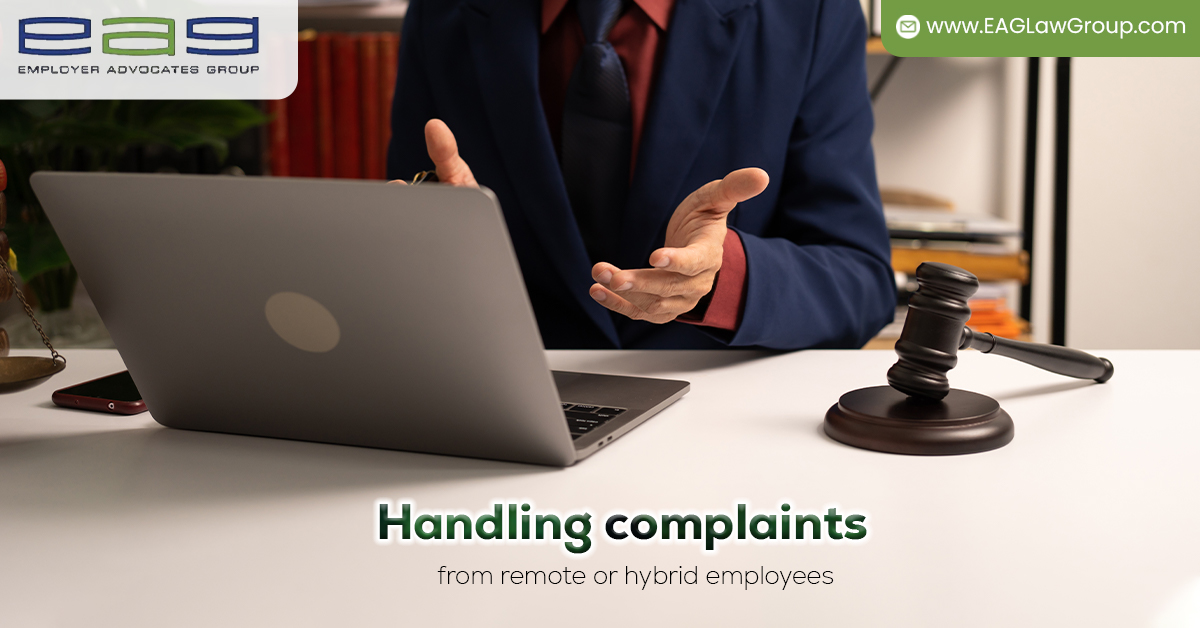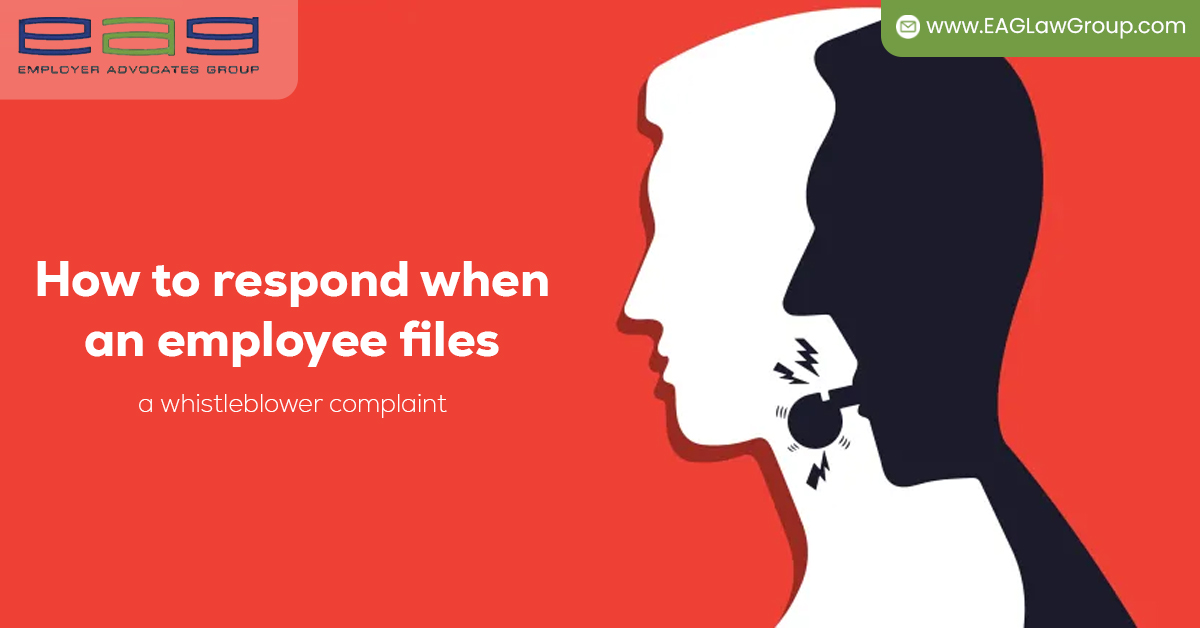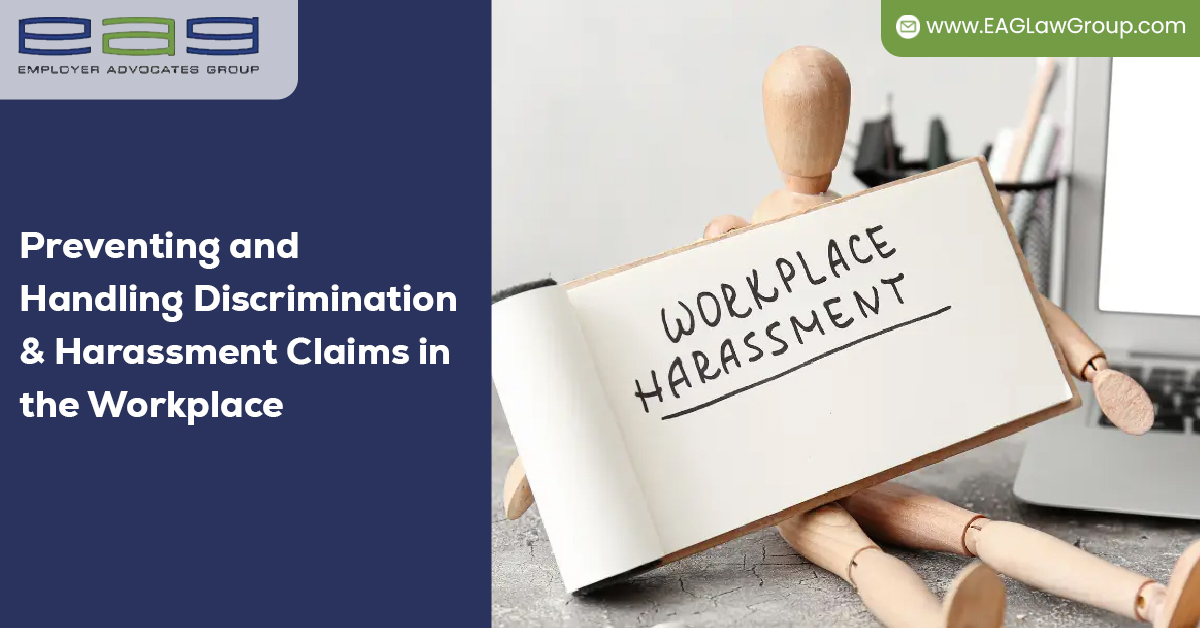Wrongful discharge claims can shake any business. Even strong companies can feel stuck when a former employee files a complaint against them. The risk feels real. The cost feels heavy. A wrongful termination claim is not only about legal rules. It is about time, money, and peace of mind. Employers need to know when to…
Continue reading ›California Employers








